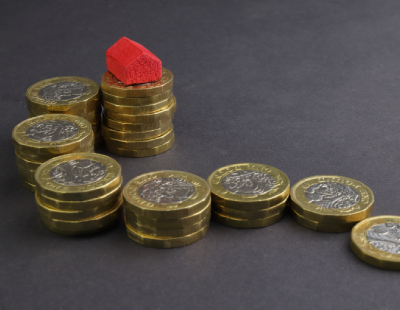
The stamp duty holiday, which has set the tax threshold for property purchases at £500,000, is a potential future tax trap for buyers, according to property management firm Apropos.
It says that while the tax cut has helped to kickstart the market post-lockdown, the current review of Capital Gains Tax (CGT) could hit beneficiaries of the stamp duty holiday in the future.
The broad nature of the CGT review means it could affect individual property buyers, landlords, second home owners and investors, according to Apropos. The management firm says that people buying property now could regret their decision in the future if the government substantially increases CGT rates.
"The Chancellor should be credited with ensuring that the property sector has come out of lockdown fully functioning and, dare I say it, almost thriving," says David Alexander, joint managing director of Apropos.
"This is terrific news, but the concern is if the current CGT review is being used as a means of recovering many of the gains made in these present purchases through a greater CGT take in the future."
Alexander speculates that the Treasury may be giving stamp duty savings with one hand only to take these gains away through increased CGT at a later date in order to cover an enormous deficit.
"This could be an extremely clever means of increasing the tax take for the Treasury for decades to come," he says.
Although the review of CGT - the tax paid when an asset that has gained in value is disposed of - is broad, Alexander suggests that it would be 'politically difficult' to target homeowners.
"There is every chance that the real long-term target are landlords, investors and second homeowners," he says.
Alexander is calling for the government to provide clarity that there will not be a tax grab on purchases made as a result of the stamp duty holiday when the CGT review ends in October.
"The property market needs stability and, while clearly the costs of the coronavirus pandemic need to be paid for, there should be an equitable distribution of increased taxes rather than viewing property owners as a cash cow now and in the future," he adds.
"The financial stability of the property market is an essential component of the UK economy and drastic measures to extract some of the value contained in this market could prove disastrous in the long-term."
He concludes by saying that while it may be tempting for the Treasury to increase taxes for homeowners, landlords and investors, it could cause 'serious problems' for the property market in the future.









.png)










Join the conversation
Be the first to comment (please use the comment box below)
Please login to comment